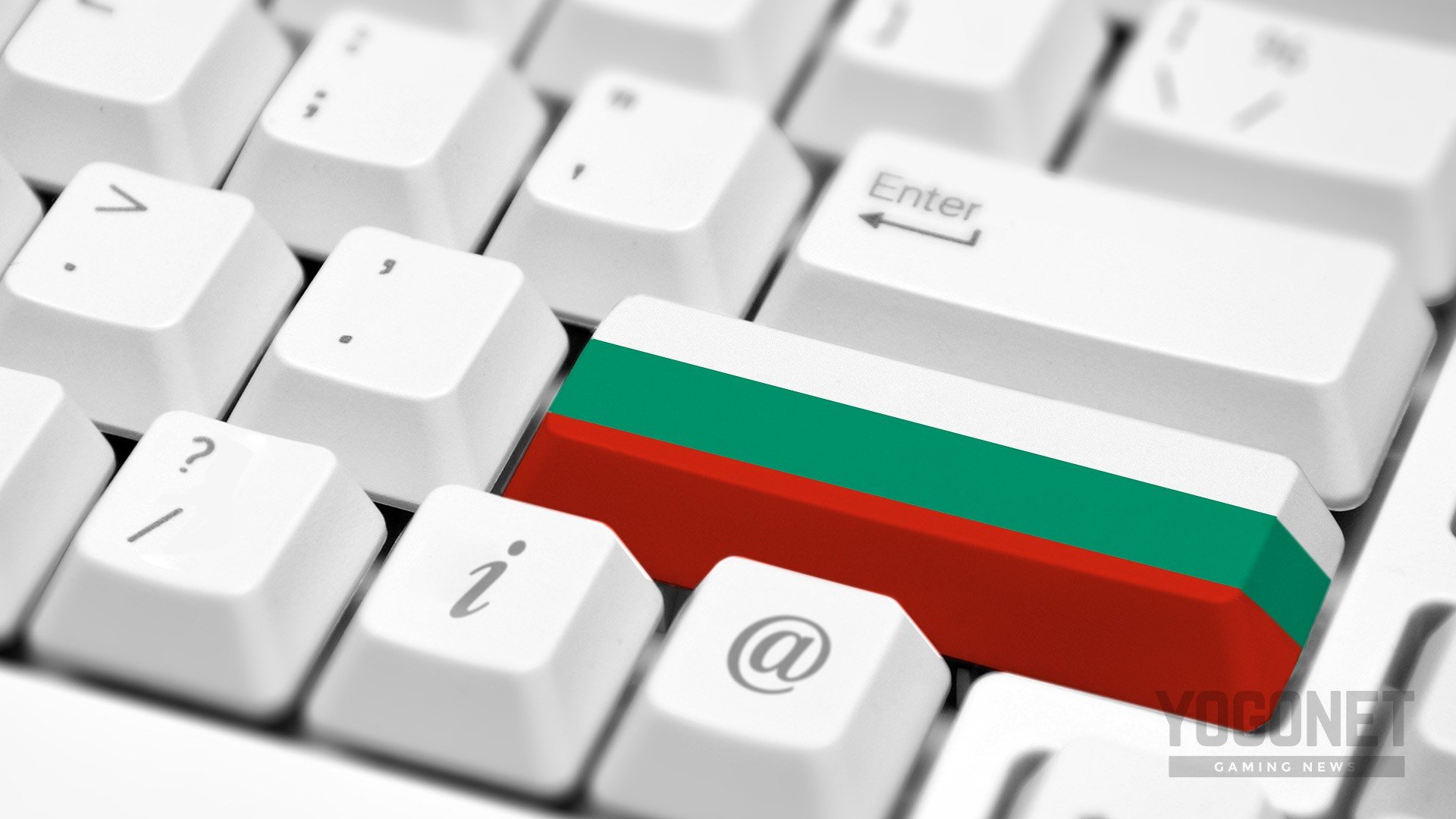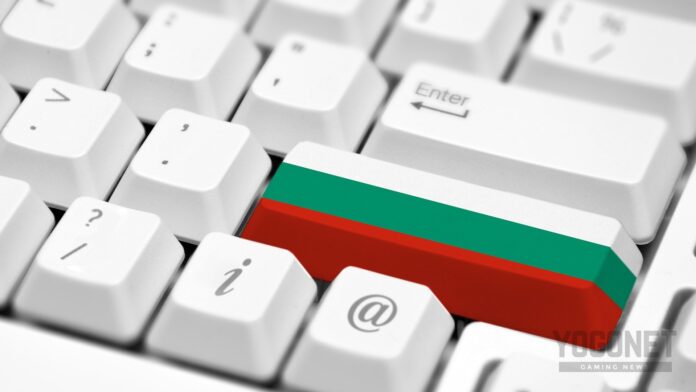Bulgaria’s parliament passed Tuesday a bill that prohibits the opening of casinos in towns with fewer than 10,000 inhabitants, and completely banned gambling advertising in all types of media. The bill received 198 votes in favor, without a single vote against or abstention in the 240-seat parliament.
Proposed by GERB (EPP) and DPS (Renew Europe), the bill was introduced less than a week ago and pushed through to be voted on during the last day of parliament. The law enters into force three days after its promulgation, in respect of gambling advertising, while for gambling halls in small settlements, the grace period is three years.
According to the announcement, the bill bans the advertising of gambling in any form in all types of media, including television, radio, print, and electronic media. The only exception is the state’s Sports Totalizer games, which transfer funds for sports and culture.
Gambling advertising remains permitted on billboards located at a distance of no less than 300 meters from schools, kindergartens, and universities. It also remains allowed at gambling halls, as well as on sports facilities and equipment, except for those for children. At least 10% of the area of such advertisements must contain text saying that gambling leads to addiction.
Furthermore, gambling halls and casinos may exist only in settlements with more than 10,000 inhabitants, though this rule does not apply to resorts and those located within 30 kilometers of border points.
The regulation will also limit online betting. As per the announcement, illegal gambling advertising content will be monitored by the Council for Electronic Media, which will forward its findings to the National Revenue Agency, which will impose sanctions.

The ban on gambling advertising did not go unnoticed by national TV stations and several news websites, which said on Monday that they were heavily dependent on advertising from betting websites. The new law could work against the independence of the media, they warned.
“A ban on advertising in the media is a ban on the provision of a media service within the meaning of the Audiovisual Media Services Directive,” argued the Association of Bulgarian Broadcasters (ABRO), adding that the financial sustainability of the media, including through gambling advertising, is important for quality journalism.
Stilyan Shishkov, Founder of Bulgaria’s sports news website Sportal.bg, and executive director of the Bulgarian Gambling Association, warned that a total ban could lead to the growth of the grey sector.
“As the experience of other European markets shows, restricting advertising leads to an increase in the activity of unlicensed sites, which reduces the state’s ability to collect taxes and fees from gambling activities and to provide protection for these users,” Shishkov said,” as reported by local media.
Others to object included the Bulgarian Gaming Association, the Bulgarian Gambling Association, and the Association of Organizers of Gambling Games and Activities in Bulgaria, which said that the amendments would cut revenue for the state budget, investments, and employment in the sector and have a negative impact on Bulgarian sport, the media and society as a whole.
Similar restrictions were imposed on the Romanian gambling market, in which some Bulgarian companies have shown serious interest. Romanian Prime Minister Marcel Ciolacu warned gambling companies on Tuesday that their licenses would be revoked if they failed to comply with a law banning slot machines in smaller towns in a bid to tackle the country’s rising levels of gambling addiction.

Gambling has been at the center of a corruption scandal that hit Bulgaria. While gambling advertising became particularly visible in 2015, when the country’s biggest gambling boss, Vasil Bozhkov, and his private lotteries became the largest advertisers in Bulgarian media, parliament ultimately shut down his business in 2020, after the US sanctioned Bozhkov for corruption.
The closure of Bozhkov’s gambling business in 2020 opened up a niche for several smaller online gambling operators, which in three years have become the largest source of revenue for Bulgarian media.
According to official data, in 2023 gambling companies spent €85 million on media advertising, with the largest share going to Bulgarian companies Efbet and Winbet and Greek company Betano.
Over the past three years, dozens of new casinos and gambling halls have been built in Bulgaria’s major cities, according to local media. In 2023, aggressive advertising by gambling sites completely overtook Bulgarian television during the World Cup in Qatar.














